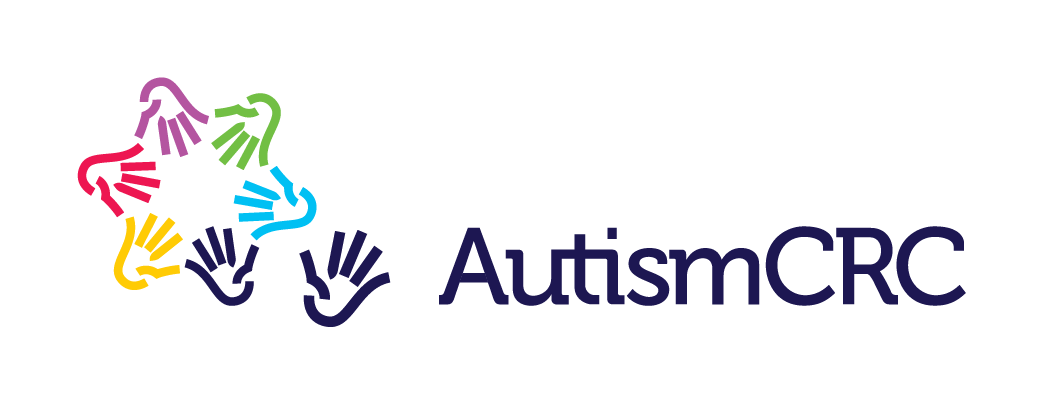Learning from your mistakes

Key points
-
Everyone makes mistakes, it is an inevitable part of life.
-
Too much stress may leave you feeling tired, irritated, overwhelmed, have trouble sleeping and/or remembering things.
-
If you need help, there are a number of things you can do: talk to a trusted friend or family member, talk to your workplace supervisor or seek professional help, including contacting a confidential support helpline.
Mistakes
Making mistakes is an inevitable part of life. We all make mistakes at school, at home, and at work. A mistake might be a social one, such as unintentionally hurting someone’s feelings. It could also be a professional one, like missing a deadline to have a task completed, or addressing an email to the wrong person.
When we make a mistake, we have a choice as to how we deal with it. However, this may be harder than it seems. Learning to manage our mistakes in a healthy way can take time and practise. However, if we try too hard to avoid making mistakes at all, we risk staying in our comfort zones and missing out on new opportunities.
In an ideal situation, some productive ways to handle a mistake include:
-
understanding and acknowledging the mistake as soon as possible
-
discussing the mistake with an appropriate person (such as telling your supervisor about a mistake at work)
-
correcting the mistake, and/or apologising for it
-
reflecting on why you made the mistake, so you can hopefully avoid making it again in the future.
Remember that these are general steps, so they won’t necessarily apply to all circumstances. For instance, if you upset someone in a social setting, they might not always accept your apology – especially if they need time to cool off first. In this case, it’s important to keep in mind that you can’t control other people’s responses to your mistakes, even if you try your best to do the right thing.
Strategies for developing resilience
Resilience is the ability to ‘bounce back’ after making a mistake or experiencing a setback. Some people may find it difficult not to fixate on a mistake.
Sometimes, resilience can come from experience. You might notice that when you start something new, you make a lot of mistakes that feel frustrating (and even embarrassing). But once you’re familiar with the task, you feel more confident in your ability to handle the mistakes, and may even make fewer of them.
If you need extra strategies for developing resilience, you might consider things like:
-
talking to a trusted person about how you are feeling
-
reframing negative self-talk
-
practising mindfulness
-
considering how you’d respond to your mistakes if someone else made them
-
focusing on your future actions, rather than your past mistakes
-
seeing a mental health professional to help develop your resilience.
More information
-
Smiling Mind is a free app that can teach you about mindfulness techniques.
-
You might like to listen to the 17 minute TED Talk by Kathryn Schulz On Being Wrong. She is a ‘Wrongologist’ who talks about embracing the fact that as humans, we make mistakes.

